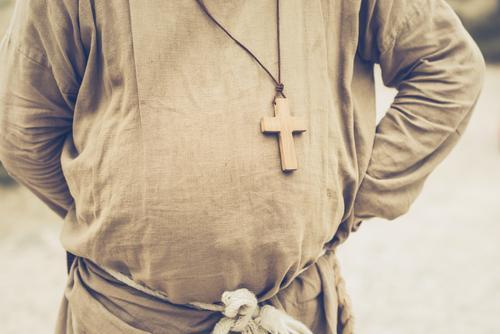
Wise and Available
The book of Judges demonstrated Deborah’s leadership. She showed spiritual and civil leadership that could be followed. She served as a judge when the children of Israel came up to her for judgment. In Judges 4:4-7, it stated:
Now Deborah, a prophet, the wife of Lappidoth, was leading Israel at that time. She held court under the Palm of Deborah between Ramah and Bethel in the hill country of Ephraim, and the Israelites went up to her to have their disputes decided. She sent for Barak son of Abinoam from Kedesh in Naphtali and said to him, “The Lord, the God of Israel, commands you: ‘Go, take with you ten thousand men of Naphtali and Zebulun and lead them up to Mount Tabor.
The Israelites were under oppression because of their sins. Deborah’s position as a judge faced a difficult challenge. Deborah had no record of a circumstance that brought her to judgeship, it was a divine appointment. God was the One who initiated this action.
Her task was to bring others into a right relationship. This pointed to the spiritual aspect even though the specific task was of a civil nature. Her three basic functions were administration, settlement of disputes, and military leadership. Her position did not provide a sovereign authority over a geographical area but there should be a sense of limitation in terms of being like a governor.
Deborah was the only woman chosen to be a judge. She was chosen because of her spiritual position as a prophetess. She was chosen because of her spiritual character. She was a married woman with the responsibilities of being a wife. She was a messenger of the Lord.
Deborah operated in her position by receiving direction from the Lord and the excellent results of her decisions did not come from the sharp mind of a military or a civil leader. She was fully dependent on God because He was the One who placed her in that position.












